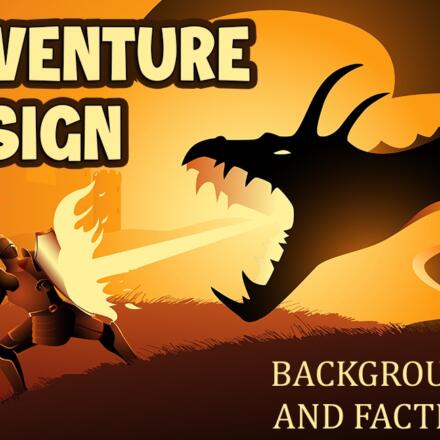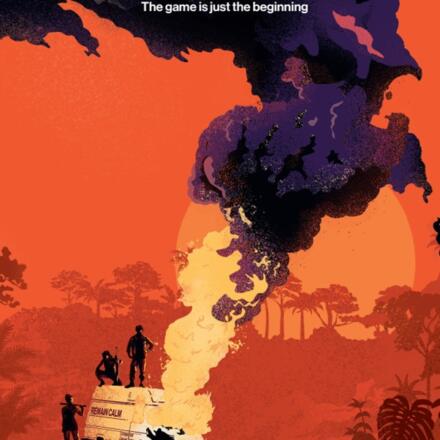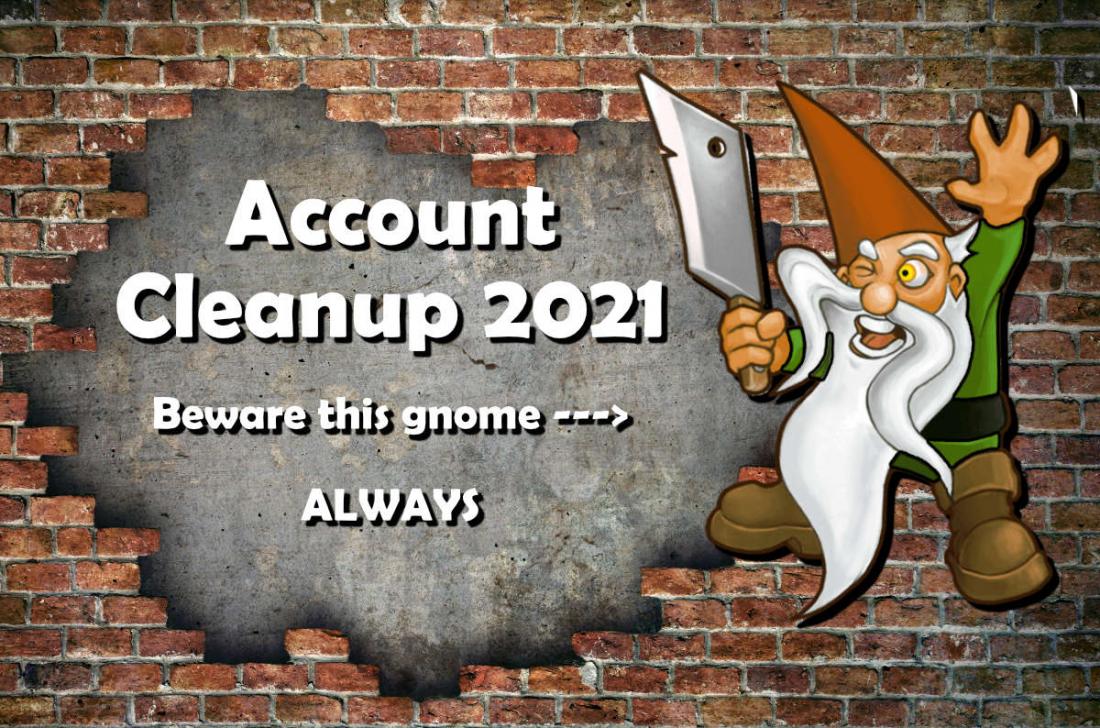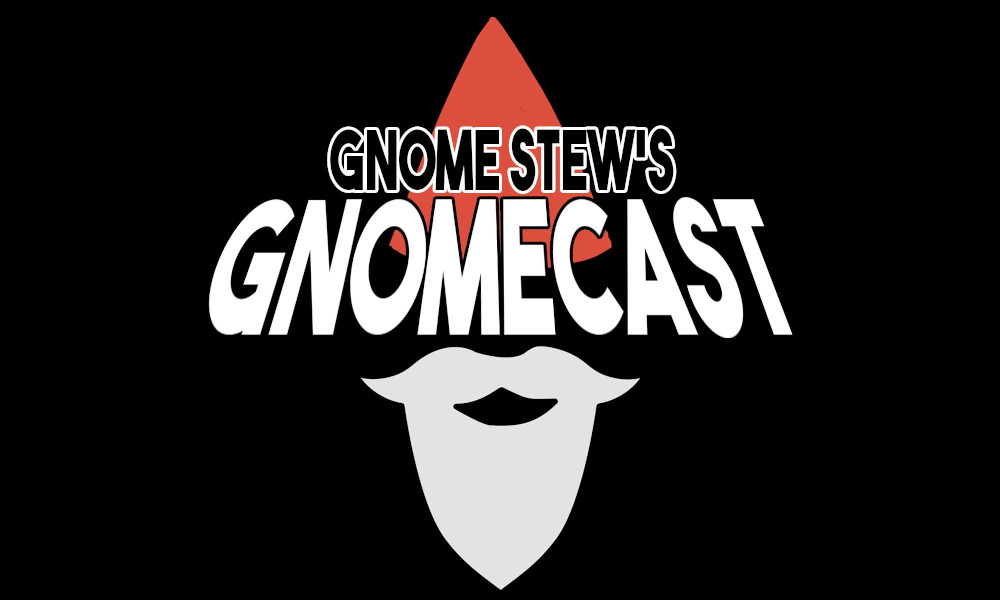
I mean, make the leap. What’s the worst that could happen?
A few months back, during a short Star Wars campaign, my character made the brilliant decision to put on an enviro suit, go outside the space station built inside an asteroid, and try to sneak up on an Imperial troop ship blocking our landing bay.
One of my friends looked at me with a raised eyebrow, “Okay, let’s say you actually get onto the ship. What are you going to do once you’re on a troop ship that’s full of elite Stormtroopers?”
“One impossible problem at a time!”
Too often, we hear stories about players getting caught up in analysis paralysis as they try to account for every possible contingency before they act, and as a result the action of the game stalls to an interminable level. As if any plan actually survives first contact with the action or the enemy. I’m here to say that sometimes it is more fun to just dive in headfirst and see where the action takes you.
Now, most of us GMs have been at a table where we’ve had a player declare their action and the rest of the table groans and we go, “What?” There’s a reason many GMs swear by the adage that if you play stupid games, you win stupid prizes. But there is a big difference between being what my college group used to call ‘chaotic stupid’ and taking an impulsive action. The type of players who earn the ire of their fellow gamers and the GMs are often immature, inexperienced, used to a different play style, or are just being deliberate trolls. That’s not always the same thing as a player getting an understanding of the situation and having their character take an impulsive action.
So, let’s take this from the perspective of both players and GMs.
Some advice for players:
- Play to the action and the excitement. Most of the games we play are meant to be action and adventure games, so don’t get too caught up in trying to cover every potential outcome. Think about it from the perspective of your character having a split second to make a decision on the problem in front of them and go for it.
- That said, be mindful of the mood of the table. If your action is going to screw over any other characters, consider carefully before diving into those shark-infested waters. This isn’t to say don’t do the impulsive thing, just be aware of how it’s going to affect the rest of the table. Roleplaying games are a cooperative endeavor and if your choices are ruining the fun for other people at the table, you might want to reconsider.
- Speaking of other players, always try to pull them in on your harebrained schemes. Diving headfirst into the unknown with a heroic action is always more fun when you’ve got someone by your side, on board for the next impossible problem. This helps share the action with the rest of the table and can even help a more passive player experience a bit of impulsive fun.
Some advice for GMs:
- If you punish every impulsive action, you’re training your players to be passive and do nothing unless they’re absolutely certain no harm will come to their characters.If you punish every impulsive action, you’re training your players to be passive and do nothing unless they’re absolutely certain no harm will come to their characters. That sounds like a boring game to me and one I would hate running. Heck, I’ve been encouraging my players to be bolder and more proactive. Let your players surprise you and occasionally reward them when they do something bold and unexpected.
- Before immediately shooting down an impulsive idea, try to consider how to make it work. If you want your games to be exciting, you need to reward the players that help bring action to the table. Sure, sometimes what they propose will seem ludicrous to you, but consider the competency of the character and if their idea has any chance of working. Feel free to keep things challenging, but your games will be more fun if your players feel empowered to try bolder actions.
- If you do have one of those players whose impulsiveness seems like it’s coming from a place of inexperience or immaturity, try to take the time to guide them to something a little more productive. You can put boundaries on your game and keep the players all on the same page for the game. If someone is being a troll with their actions and deliberately trying to mess with things, put a stop to it. If you have to, call a break and have a conversation with that player. This isn’t fun, but when one player is not playing the same game everyone else is, it ruins the fun for almost everyone else at the table.
Much of this is a dance of finding the right balance between the players and the GM. We all want our games to be exciting and unexpected, so players need to trust that their GM is going to allow room for the players to do the impulsive thing, while the GM needs to trust that the players aren’t trying to wreck the game. If you can find that balance, I guarantee you that facing one impossible problem at a time is the way to go.

















I am reminded of Alexander the Great, who would charge recklessly into the enemy or go climbing up the wall of a defended city, and his companions and soldiers would have to fight like crazy to keep him from getting killed – inspiring victory in the process.
We have a monk in our party who does this kind of thing. We’ll be discussing a plan of action, and he’ll just say, “I kick in the door,” and now we all have to deal with the consequences – which usually turn out to be pretty cool. Other times he’ll just go walking straight toward a potentially hostile group of NPCs that doesn’t know we’re there yet, and so all of us with ranged weapons and spells will start shooting just so he doesn’t get ganged up on when he reaches the group. He’s also jumped onto the back of a dragon – twice – and pretty much set the tone of the action for the rest of that encounter. Reckless? Maybe, but also a lot of fun.
Your comment makes me wish I’d referenced a bit of Leeroy Jenkins in the article too. 🙂